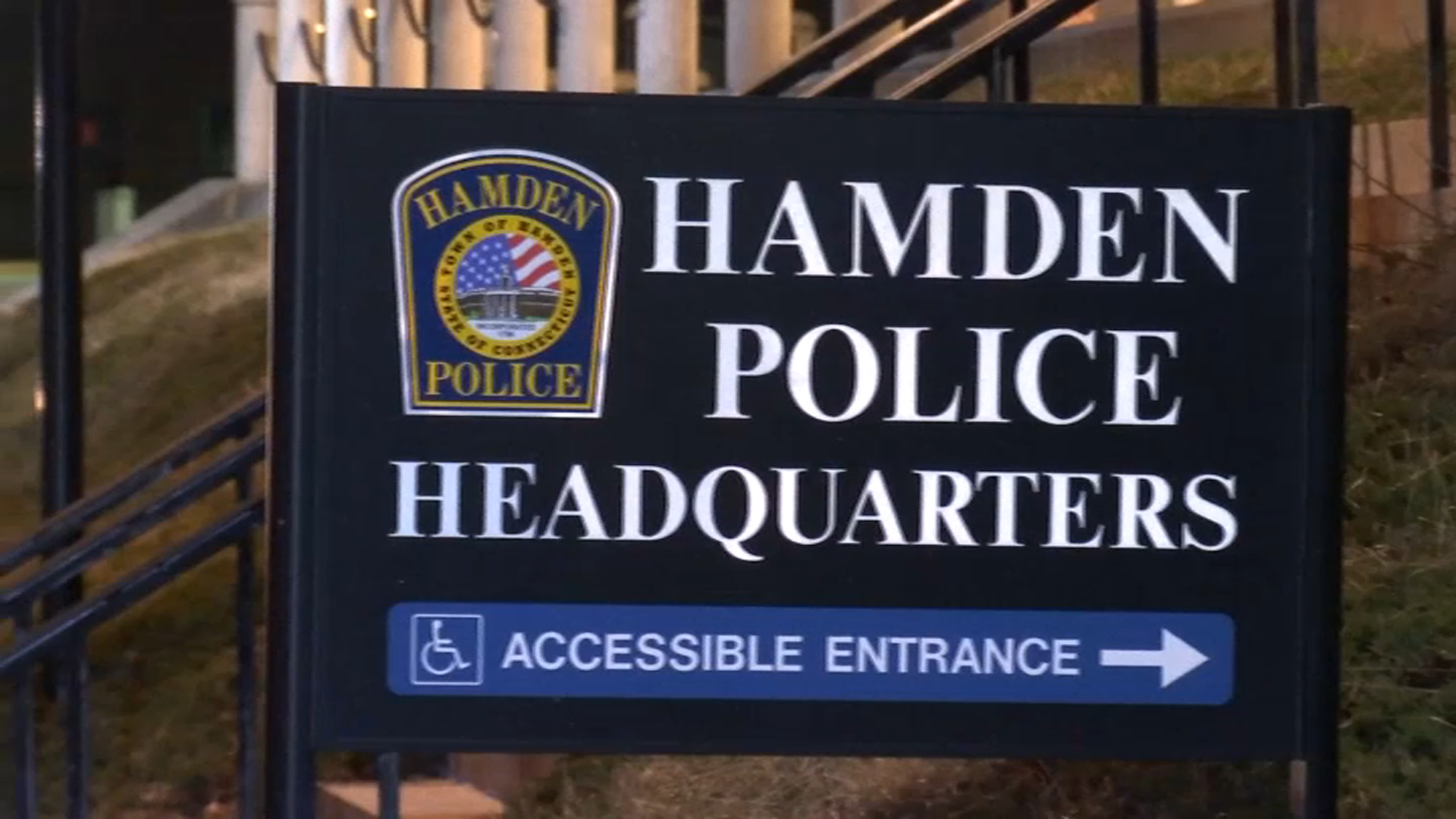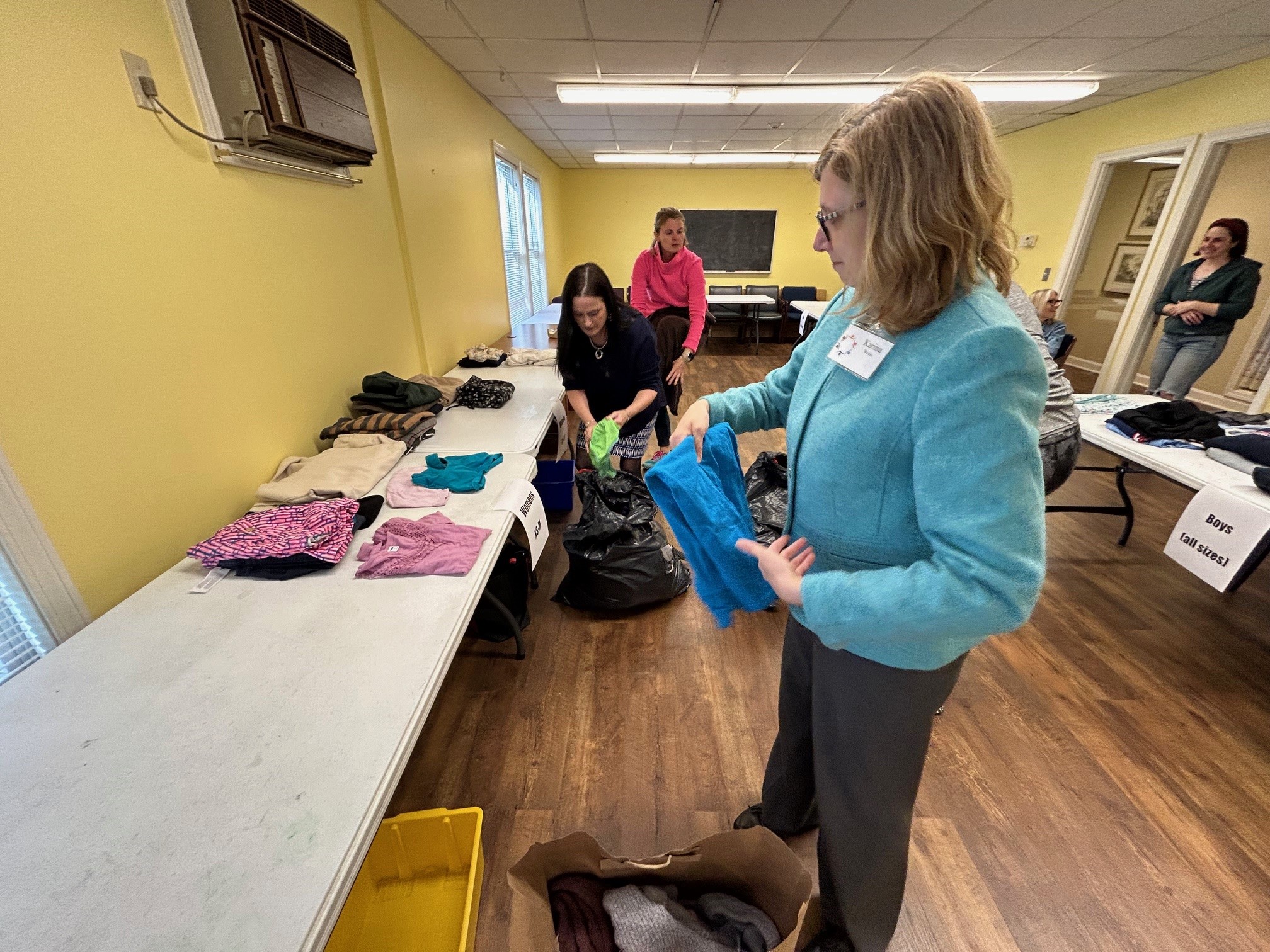President Barack Obama is ordering reviews of air safety regulations and our nation's watch list system, after a near-disaster on Christmas aboard an international flight bound for Detroit. Travelers are now seeing some increased security at airports around the country.
"We will not rest until we find all who were involved and hold them accountable," said Obama on Monday, in his first public comments about the incident.
Many passengers arrived early at Bradley International Airport in Windsor Locks Monday, expecting long lines and a long wait at security.
"We are here about two hours early today primarily so we can get through there," said Richard Desrosiers of Griffin, GA.
Many people flying into Bradley said security took no longer than usual.
"I actually felt like I was more examined before the incident than after to be honest with you, which I thought was kind of strange," said Judy Dunn of North Haven.
The TSA increased security for domestic and international flights, after the near-tragedy on a Christmas flight bound for Detroit. That's when a Nigerian passenger listed on a terrorism watch list, but not on the no-fly list, tried to ignite explosives.
Local
"The government knew this guy was a problem and I think a lot of people are gonna have to answer why he wasn't added to the no-fly list and there may be some changes that need to be mad to how we construct that list," said Congressman Chris Murphy.
So far, the biggest security changes affect international travelers. They'll find pat downs and bag searches at gates, and other precautions during their flights, according to the TSA.
Another thing to look out for- new high-tech security scanners. The TSA has deployed 40 "millimeter wave" machines, which use radio waves to produce a three-dimensional image based on energy reflected back from the body. The agency also says its has just bought 150 "backscatter" machines, which use low-level X-rays to create a two-dimensional image of the body.
"The machine gives a very accurate and very precuse image of things on the body that are not the body," said Peter Kant, executive vice-president of global government affairs for Rapiscan. That's the company that manufactures the machines.



